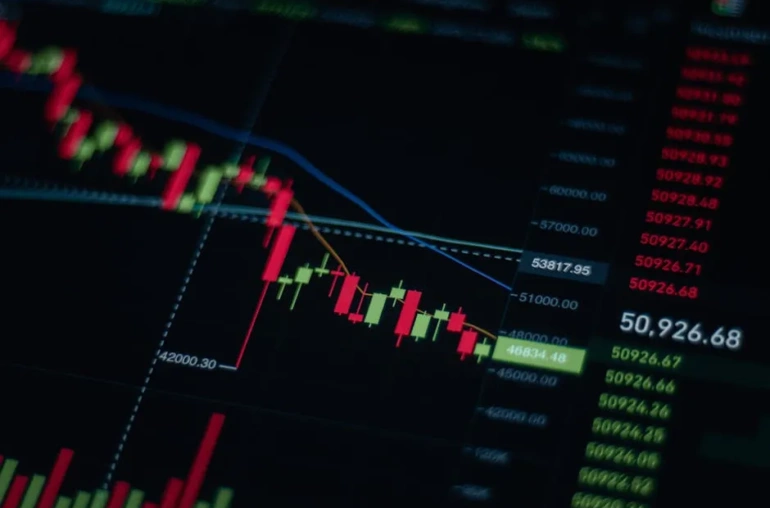
Introduction
In a surprising turn of events, the Qubic group has announced that Dogecoin is its next target, just days after successfully executing a 51% attack on the Monero network. This decision, revealed by project founder Sergey Ivancheglo on August 17, raises significant questions about the security and stability of cryptocurrencies in the face of coordinated attacks.
What Happened with Monero?
The Qubic group managed to gain majority control over Monero (XMR), which is notable for its privacy-oriented features. A 51% attack occurs when a single entity or group gains control of more than half of a blockchain’s computing power, allowing them to manipulate transaction confirmations and potentially double-spend coins. This type of attack poses a serious threat to the integrity of any cryptocurrency network.
Why Dogecoin?
Dogecoin, originally created as a meme cryptocurrency, has gained substantial popularity and adoption over the years. Its community-driven approach and vibrant culture have made it a staple in the crypto markets. However, the Qubic group’s decision to target Dogecoin reflects a broader interest in exploiting networks that, while popular, may not have the robust security measures in place compared to more established cryptocurrencies.
Implications for the Crypto Community
The implications of a targeted attack on a well-known cryptocurrency like Dogecoin could be severe. If Qubic successfully executes a similar strategy against Dogecoin, it could lead to widespread panic among investors, potentially diminishing trust in the cryptocurrency as a whole. This situation emphasizes the need for improved security protocols and vigilance among cryptocurrency networks to safeguard against such threats.
Community Response
As news of the Qubic group’s intentions spreads, the Dogecoin community has begun to react. Many are calling for increased security measures and a thorough analysis of the network’s vulnerabilities. It’s vital for the Dogecoin development team to respond proactively to this threat, ensuring that their network remains resilient against potential attacks.
Conclusion
The targeting of Dogecoin by the Qubic group highlights the ongoing challenges within the cryptocurrency space, particularly regarding network security. As the landscape continues to evolve, both developers and users must remain vigilant and proactive in safeguarding their assets. The situation is a reminder that while cryptocurrencies offer exciting opportunities, they also come with inherent risks that cannot be overlooked.



